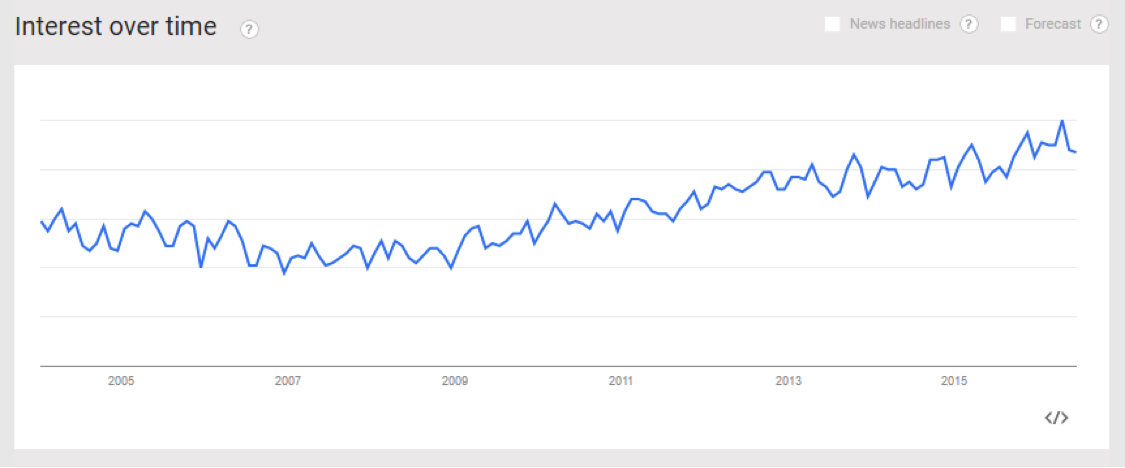With N95 masks expected to remain in short supply for the duration of the pandemic, many U.S. hospitals and other health facilities have turned to alternatives like the KN95 for frontline workers. At this point, plenty of promotional products distributors have sold or continue to sell KN95 masks. But a new study is casting doubt on the reliability of many models of these masks imported from China.
The study, published September 20, comes from ECRI, a nonprofit patient safety organization, which tested some 200 KN95 masks from 15 different manufacturer models. ECRI found that 60 to 70 percent of the masks did not meet the 95 percent filtration standards required to provide equivalent protection to an N95.
Those numbers are in line with ongoing testing data from the National Institute for Occupational Safety and Health, better known as NIOSH, which has found that 53 percent of the 358 KN95 models it has tested do not meet filtration standards. Most health buyers require NIOSH-approved KN95s when N95s are not available.
This doesn’t mean all of those KN95 masks are worthless—only that they do not qualify as true replacements for the N95. For frontline health workers, that distinction matters a great deal, but it still leaves non-approved KN95s and similar face-filtering respirators (FFRs) as viable alternatives to other kinds of masks in certain applications.
“The FFRs with filtration efficiency less than 95 percent may actually provide superior filtration protection over surgical or procedure masks because, unlike face masks, properly fitting respirators closely conform to and seal against the wearer’s face, ensuring that air being breathed is filtered,” ECRI wrote in its report. “For example, an FFR with 80-90 percent filtration efficiency will typically provide more respiratory protection than a surgical or procedure mask.”
Still, ECRI advised those sourcing or using KN95 masks that are not NIOSH-approved to request and review test reports rather than relying on manufacturer claims. It also advised that those sourcing or using KN95s perform their own fit tests and have samples tested by an independent lab. Other ECRI guidance includes:
— Determine whether other health care facilities have purchased from the manufacturer and what their experience was.
— Contact the company if contact information is available.
• Ask how long the firm has been making them.
• Ask for names and contact information for U.S. purchasers of the FFR models under consideration.
• Ask whether the manufacturer is a NIOSH-approval holder, and confirm by checking the NIOSH Certified Equipment List (CEL).
• Ask for ISO/IEC 17025 accredited laboratory test reports demonstrating the filtration efficiency for the FFR.
• Ask for current photos of the model of interest.
• Request samples for evaluation.
Many hospitals, as well as businesses sourcing and reselling masks, are already taking these steps. Yale New Haven Hospital, for example, set up its own testing lab to handle the large quantity and variety of mask samples it receives before purchasing in bulk. The lab has allowed the hospital system to bypass lengthy wait times at national testing laboratories.
“You can’t trust anything that comes from anywhere,” Dr. Lisa Lattanza, chief of orthopedics at Yale New Haven Hospital and head of the mask testing effort, told Promo Marketing. “That’s why we set up our own testing facility. We’ve gotten things where we would order masks and the certificates they’d email us don’t even match the numbers on the masks. So, you have no idea where to order from, how many to order—because you don’t want to spend a lot of money on something that’s going to be garbage when it gets here. If you order a few and then test them, and then place a bigger order, by then, someone else has gone in and ordered all that stuff and it’s gone.”
Counterfeit products remain an issue for those sourcing and using respirator-type masks, as does fraud. Last week, for example, a promotional products distributor in Utah was charged with impersonating a 3M rep and falsely claiming to have millions of N95 masks available for purchase. ECRI’s findings on KN95s could further complicate sourcing.

